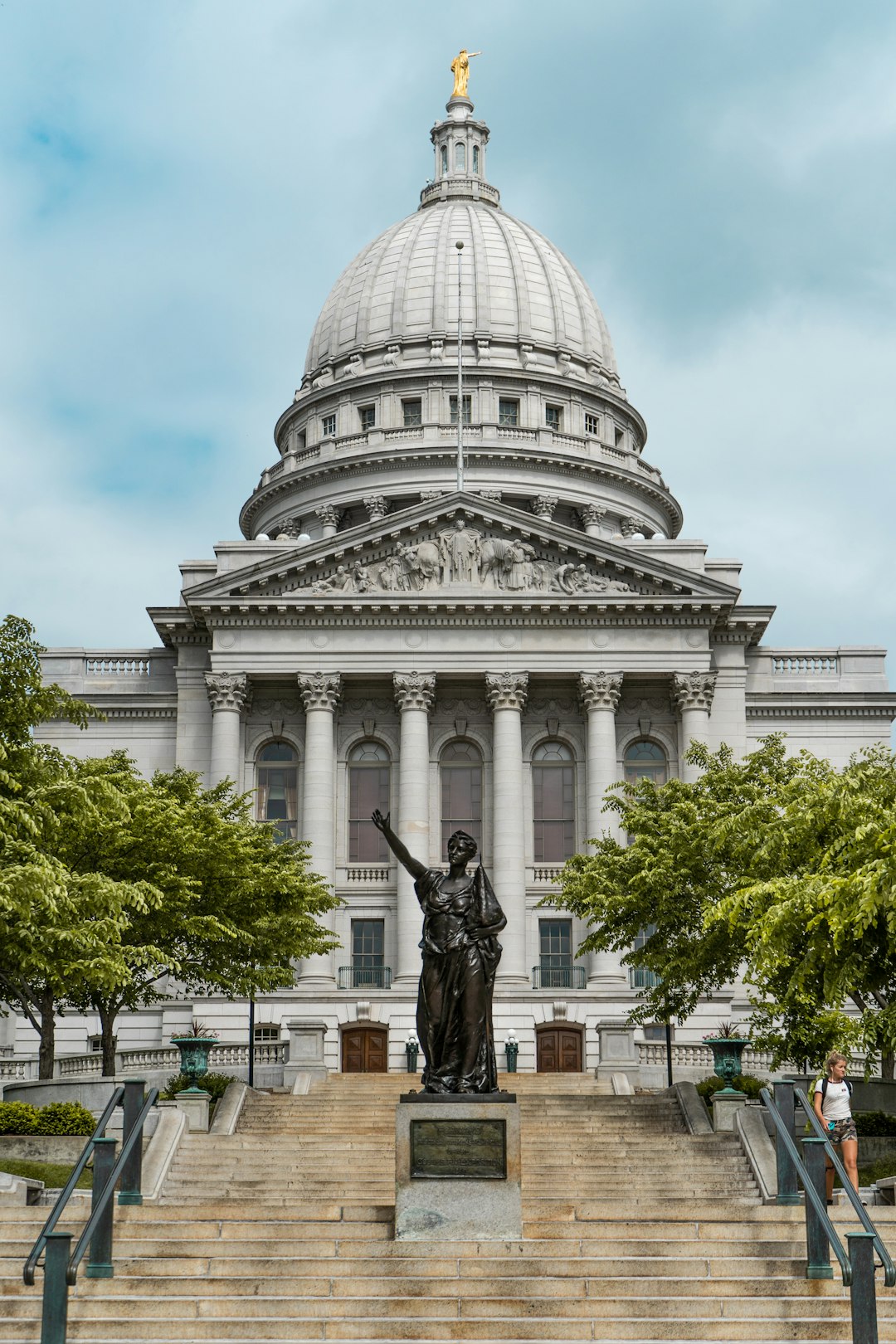Spam calls, or unwanted telemarketing, are a growing concern for Wisconsin residents, violating privacy and causing frustration. The Telephone Consumer Protection Act (TCPA) offers protections against automated or prerecorded calls, with specific regulations to curb abusive marketing practices. By educating communities about TCPA laws and engaging the help of specialized lawyers for TCPA Wisconsin, residents can identify, report, and combat spam calls effectively, fostering a stronger, more resilient community.
Wisconsin residents often face a persistent issue with spam calls, testing their patience and privacy. To combat this, building community resilience is key. This article explores effective strategies to tackle spam calls, focusing on understanding the Telephone Consumer Protection Act (TCPA) laws specific to Wisconsin. We delve into community awareness campaigns and legal tactics, empowering citizens and businesses alike to navigate these regulations and protect themselves from unwanted phone spam. Discover how a proactive approach can revolutionize spam call management in our state.
Understanding Spam Calls and the TCPA Laws in Wisconsin

Spam calls, also known as unwanted or unsolicited telephone marketing calls, have become a prevalent and frustrating issue for many Wisconsin residents. These calls often promote various products, services, or even fraudulent schemes, and they can be a significant nuisance. Understanding the nature of spam calls is the first step in building community resilience against them.
In Wisconsin, the Telephone Consumer Protection Act (TCPA) regulations provide consumers with protections against certain types of automated or prerecorded phone calls. A lawyer for TCPA Wisconsin can offer valuable insights and guidance on navigating these laws. These regulations are designed to prevent businesses from engaging in abusive telemarketing practices, ensuring that residents’ privacy and peace of mind are respected. By familiarizing themselves with the TCPA rules, community members can better recognize and report spam calls, contributing to a more robust collective defense against these unwanted intrusions.
Building Community Awareness and Education

Building community awareness about spam calls is a powerful first step in fostering resilience against them. Educating residents about the Telephone Consumer Protection Act (TCPA) and its implications for Wisconsin communities can empower folks to take action. Many people may not be aware that they have rights under the TCPA, which prohibits certain types of unsolicited phone marketing calls. By providing resources and information, community leaders, local lawyers specializing in TCPA Wisconsin, and organizations can help residents recognize spam calls, understand their legal protections, and know how to report them effectively.
This education can also extend to businesses, ensuring they adhere to the TCPA’s guidelines to avoid accidentally causing distress through marketing practices. Workshops, community meetings, and digital campaigns can all play a role in spreading this knowledge. Armed with understanding, Wisconsinites can collectively push back against spam calls, creating a more robust and resilient community.
Legal Strategies for Effective Spam Call Management

In Wisconsin, managing spam calls has become a significant concern for communities, leading many to seek legal strategies to combat this issue effectively. The Telephone Consumer Protection Act (TCPA) offers a robust framework for holding spammers accountable and protecting residents’ privacy. Engaging the services of a lawyer specialized in TCPA Wisconsin is a crucial step towards implementing these legal strategies. These legal professionals are adept at navigating the complex regulations surrounding unwanted telephone communications, ensuring that community members have a powerful tool to fight back against intrusive spam calls.
By understanding their rights under the TCPA and leveraging relevant legal precedents, residents can take collective action to deter spammers. This may involve filing complaints with regulatory bodies, seeking legal injunctions against persistent spammers, or even participating in class-action lawsuits. A lawyer for TCPA Wisconsin can guide individuals through these processes, ensuring that their rights are protected and that spam calls are managed effectively at a community level.






